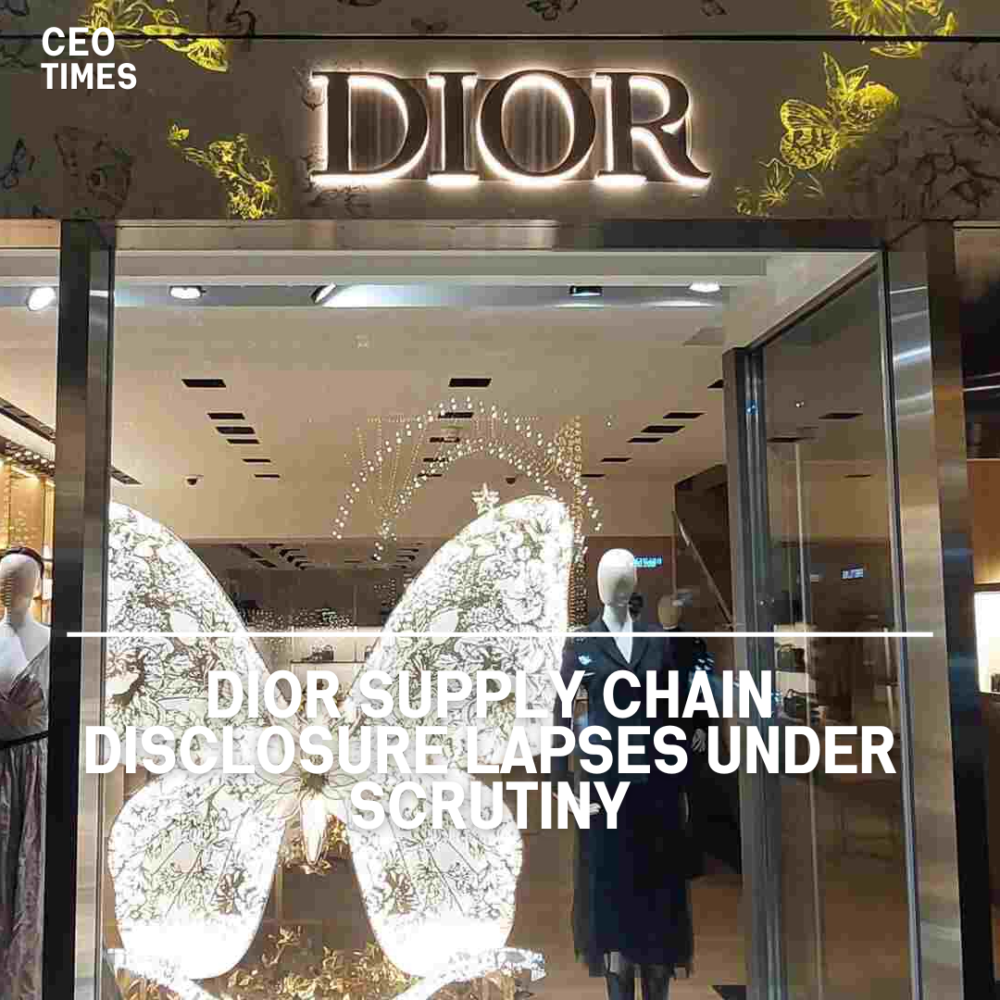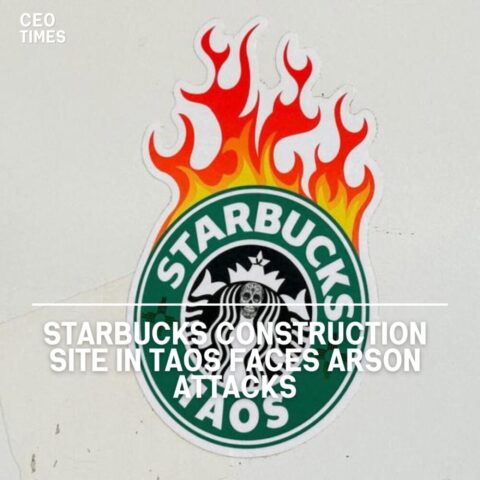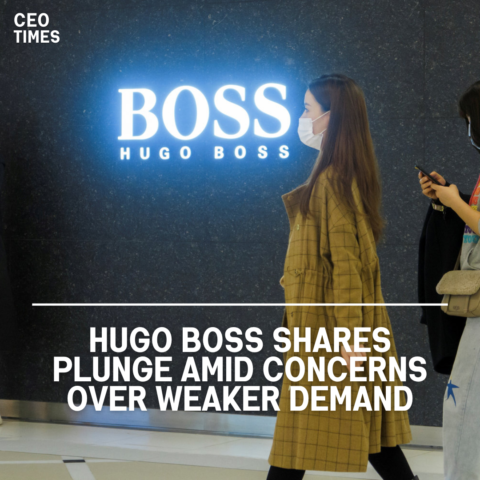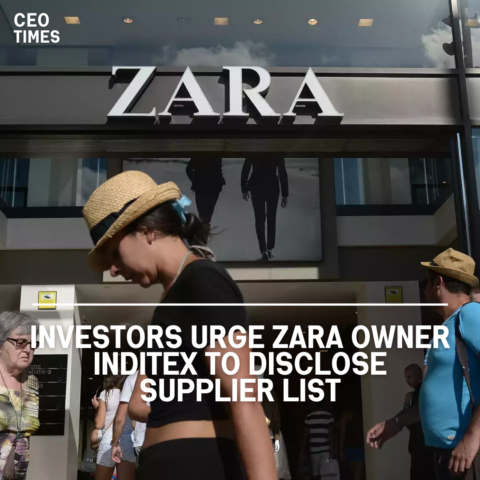LVMH’s second-largest fashion brand, Dior, recently came under scrutiny for failing to meet UK legal requirements regarding supply chain working conditions. Reuters’ investigation revealed outdated disclosures and certification lapses, raising concerns about Dior’s commitment to social responsibility.
UK Modern Slavery Act Compliance:
The UK Modern Slavery Act of 2015 mandates that companies with a UK turnover of £36 million ($46 million) annually publish statements detailing steps to combat forced labor in their supply chains. Until July 19, Dior’s UK website featured an anti-slavery statement from 2020 and referenced a third-party certification that had been invalid for over a year.
Discrepancies and Delays:
Dior published a 2023 modern slavery statement only after Reuters inquired on July 18 about its compliance. The updated statement, approved by Christian Dior UK’s board on July 18, is more comprehensive than the previous one from 2020. However, as of August 5, Dior had not published statements for 2021 and 2022 and did not directly address questions about these missing statements.
Broader Implications:
Dior’s compliance issues are part of a larger trend of scrutiny over LVMH’s supply chain practices. Italy’s competition authority recently began probing Dior and Italian label Armani for potentially misleading consumers about their commitment to craftsmanship and social responsibility, following a judicial investigation into sweatshop-like conditions at some Italian contractors. This has led investors, including Europe’s top asset manager Amundi, to call for LVMH to enhance monitoring of its suppliers.
Company Responses:
Dior has condemned the illegal practices found at some suppliers, ceased working with those contractors, and is cooperating with authorities. Armani has expressed confidence in a positive outcome from the investigation.
In an email to Reuters, LVMH stated that its UK-based Dior subsidiary follows group-wide procedures concerning human rights and modern slavery risks. LVMH CFO Jean-Jacques Guiony acknowledged the alleged exploitation and committed to intensifying supply chain controls and audits.
Legal and Industry Perspectives:
Although the UK Modern Slavery Act mandates the publication of compliance statements, no company has been penalized for non-compliance, according to Sara Thornton, professor of modern slavery policy at the University of Nottingham’s Rights Lab.
This has prompted lawmakers and rights groups to advocate for introducing penalties. In 2020, the UK’s Home Office estimated that 83% of eligible organizations complied with the Act.




















